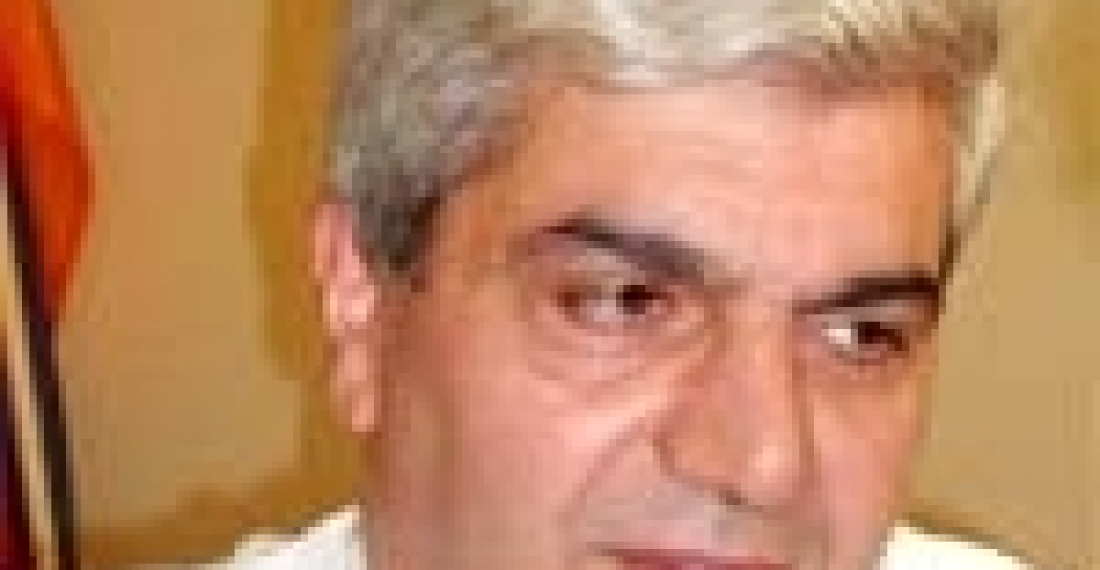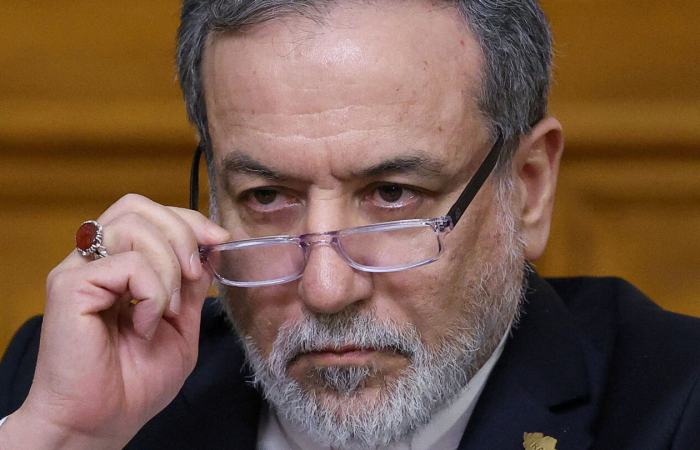С помилованием Рамиля Сафарова в переговорном процессе по урегулированию нагорно-карабахского конфликта наступил переломный момент. Подобное мнение 5 сентября на пресс-конференции в Ереване выразил политолог, политический аналитик Степан Григорян.
По его словам, после данного поступка президента Азербайджана Ильхама Алиева международное сообщество ясно осознало, что официальный Баку демонстрирует свое безразличие ко всем инстанциям ЕС и НАТО, страны - сопредседатели Минской группы ОБСЕ выразили реальную озабоченность по этому поводу. "Переговорный процесс продвигается на основе мадридских принципов, которые могут предложить миллионы вариантов разрешения карабахского конфликта, однако после продемонстрированной Баку армянофобии исключился вариант об административном подчинении НКР Азербайджану. Всем ясно, что убийство армянина для Баку не является преступлением и не наказывается, соответственно отдавать Азербайджану армянонаселенный Нагорный Карабах просто неприемлемо", - отметил он.
Григорян считает нецелесообразным выход армянской стороны из переговорного процесса. По его словам армянские стороны должны извлечь выгоду из создавшейся ситуации и потребовать от всех стран Минской Группы ОБСЕ четких заявлений об их позиции по этому вопросу. Политолог также заметил, что Армения должна потребовать четкой позиции у европарламента. "Хотя Верховный комиссар по внешним отношениям и политике безопасности Евросоюза, заместитель председателя Еврокомиссии Кэтрин Эштон выступила с заявлением однако оно было практически пустым, поскольку там не обозначалась позиция ЕС, и каким-либо образом не было осуждено античеловеческое поведение Азербайджанских властей", - отметил он. При этом, политолог считает, что все сверхдержавы обеспокоенны накалившейся в регионе ситуацией, поскольку во всех точках мира существуют этносновраждебные нации, которые могут воспользоваться инцидентом и начать всеобщую резню.







